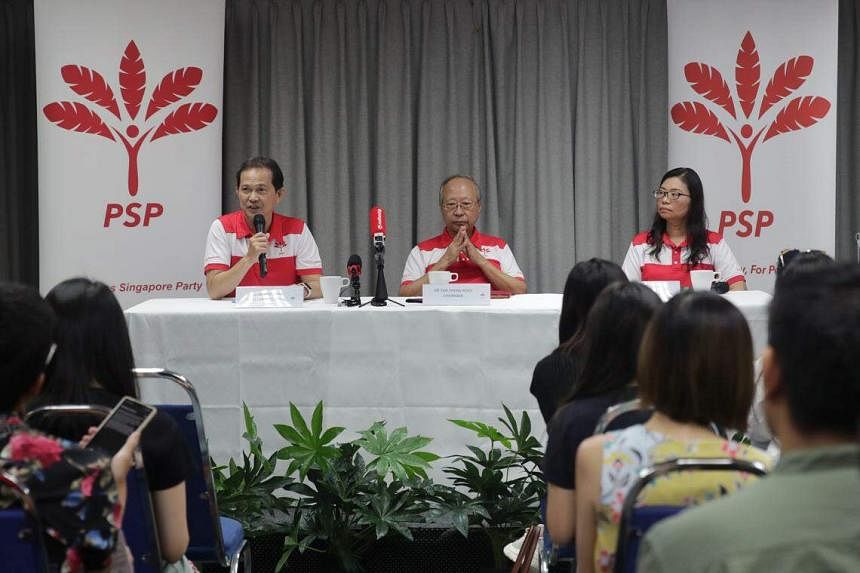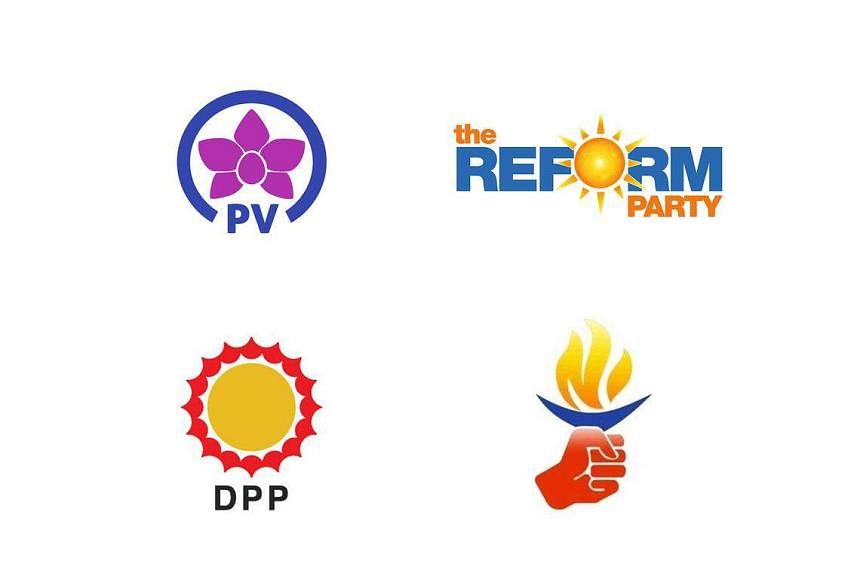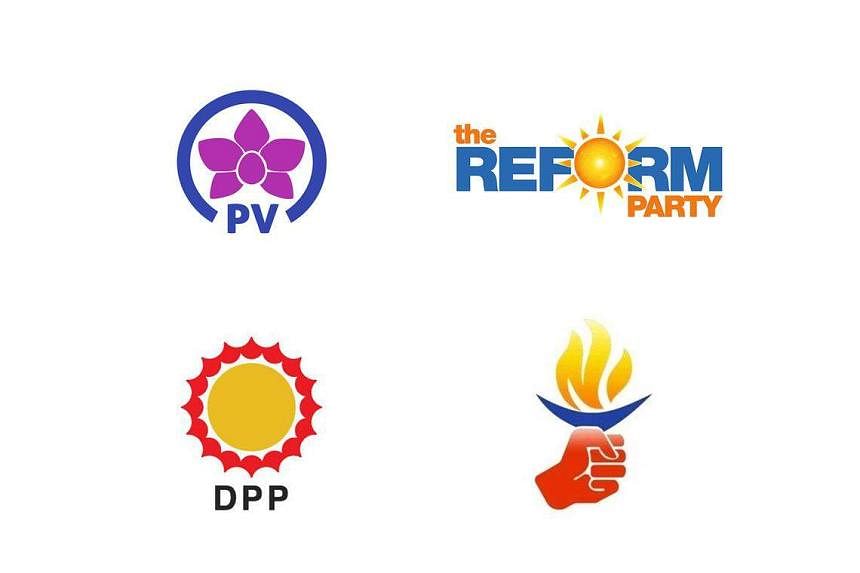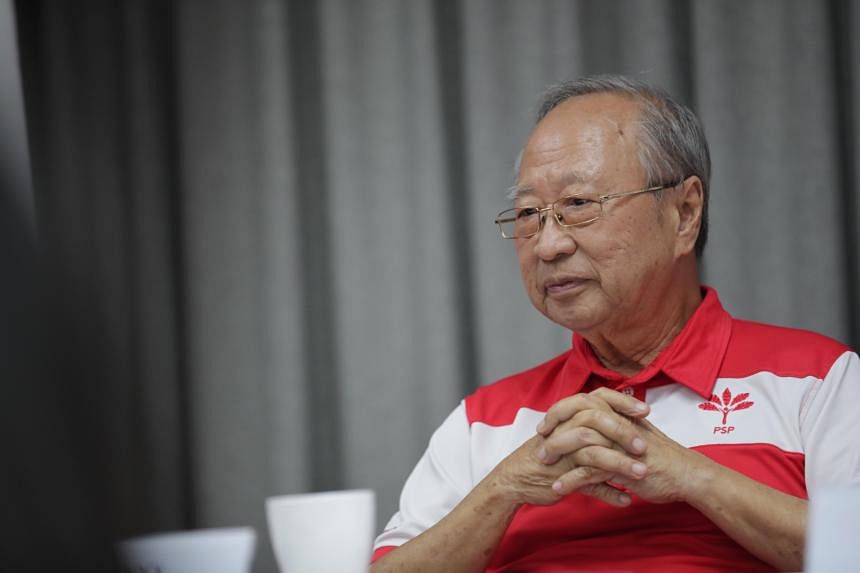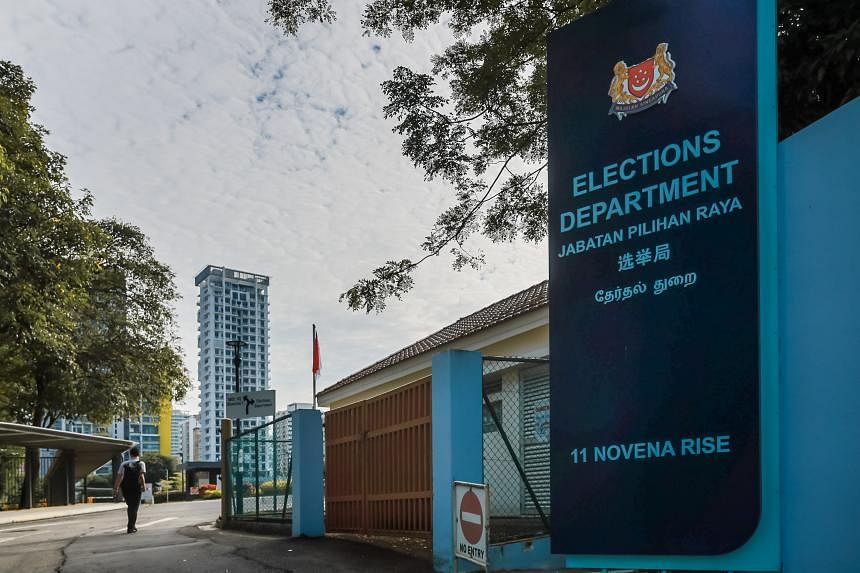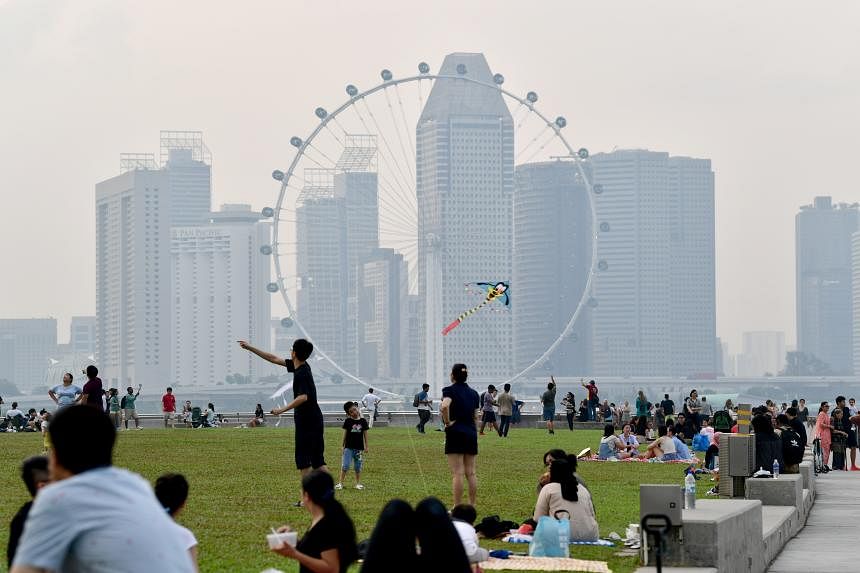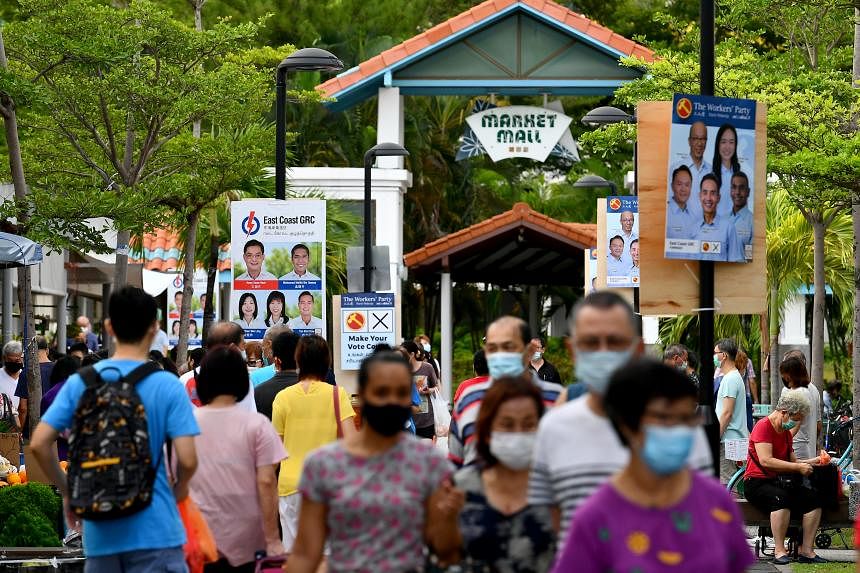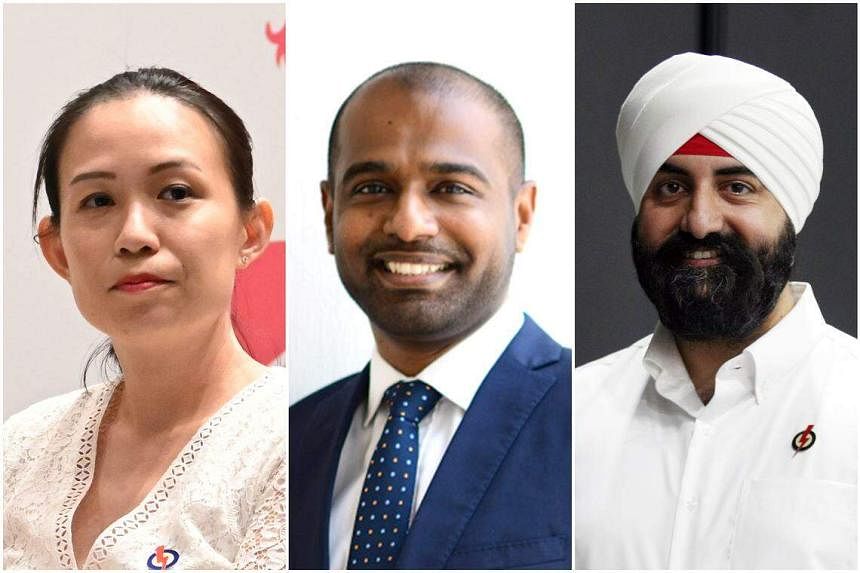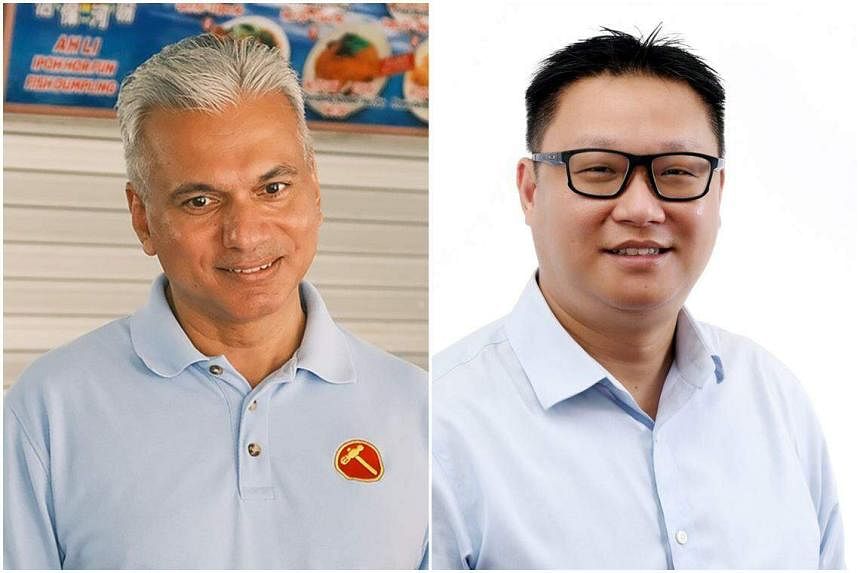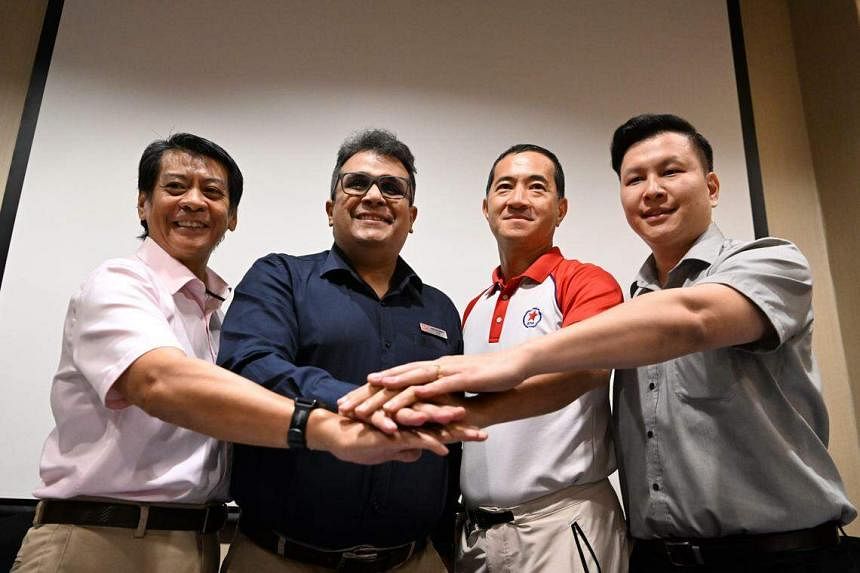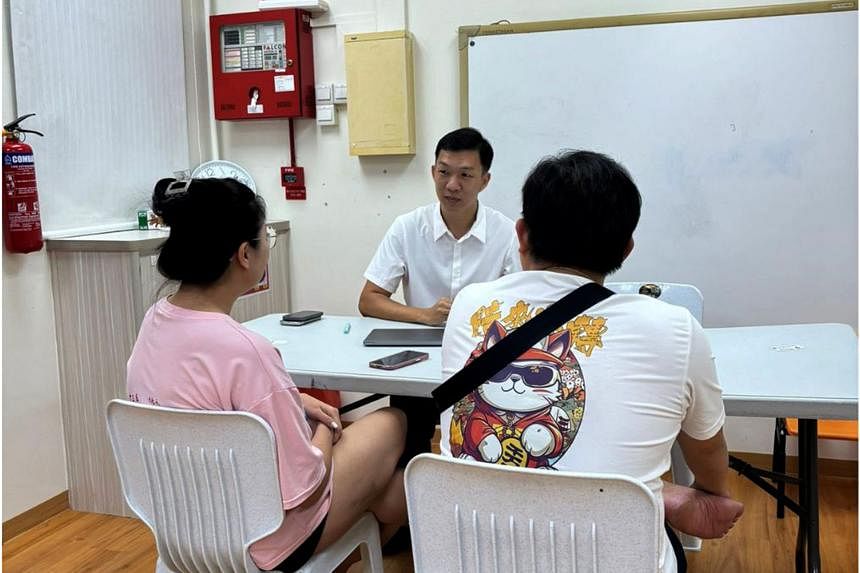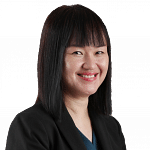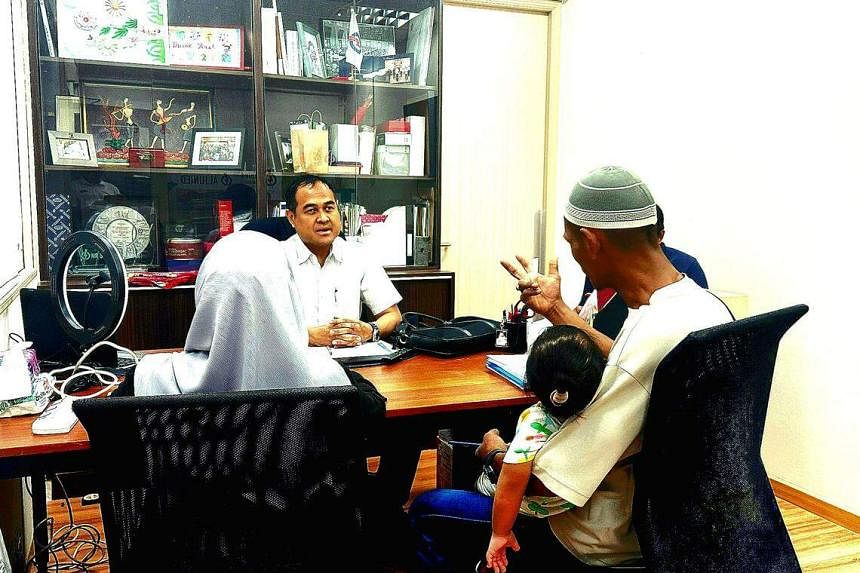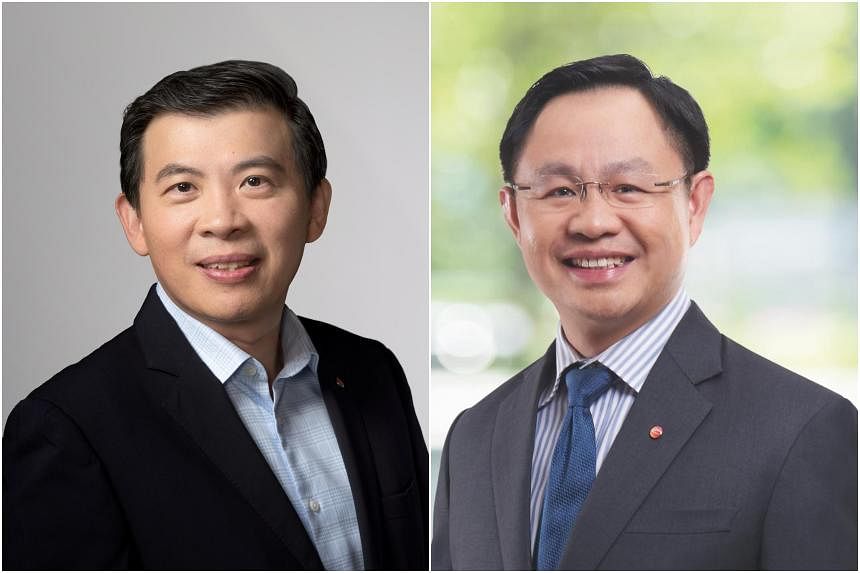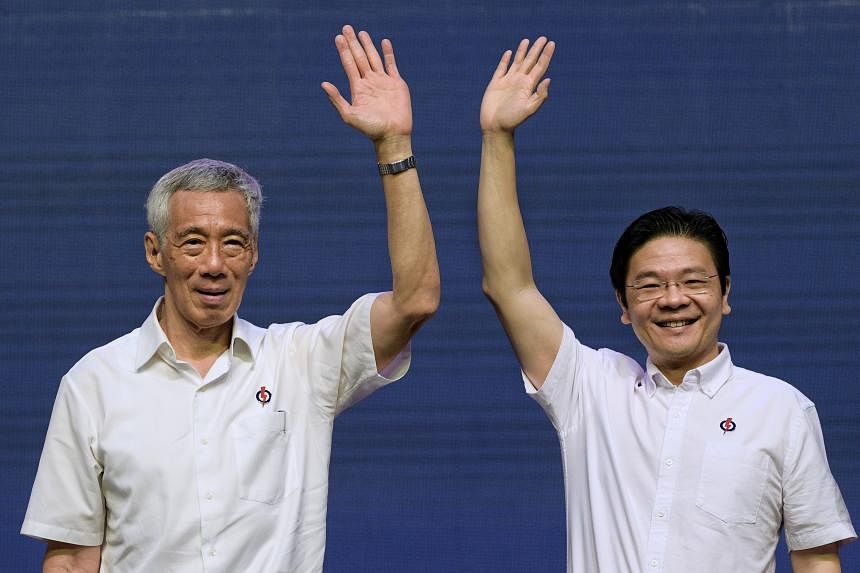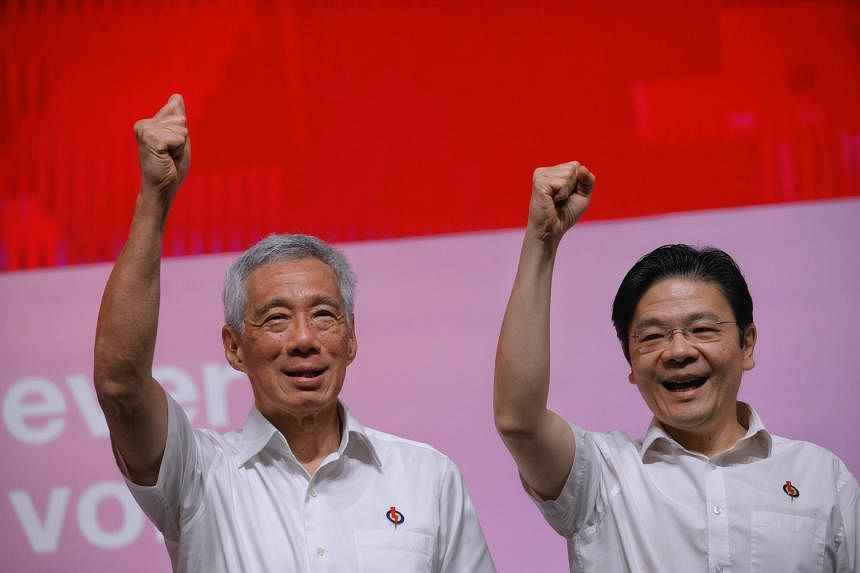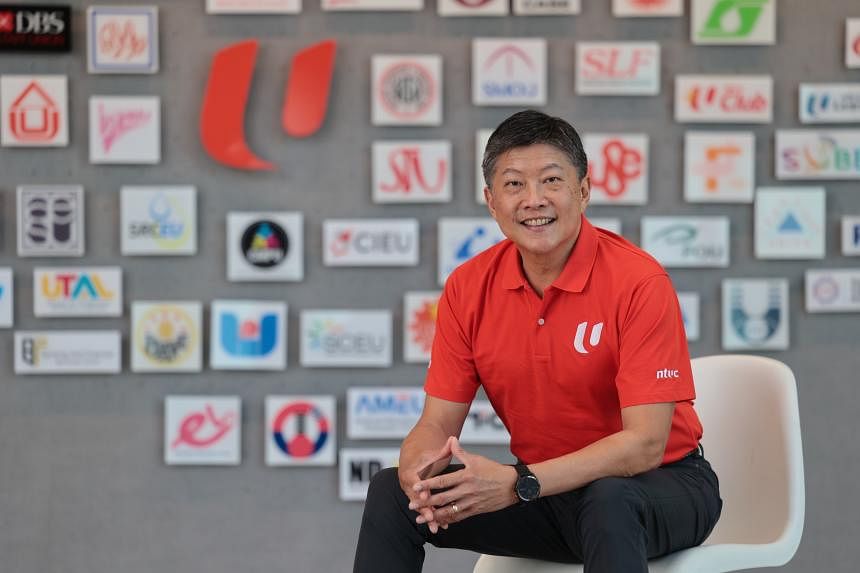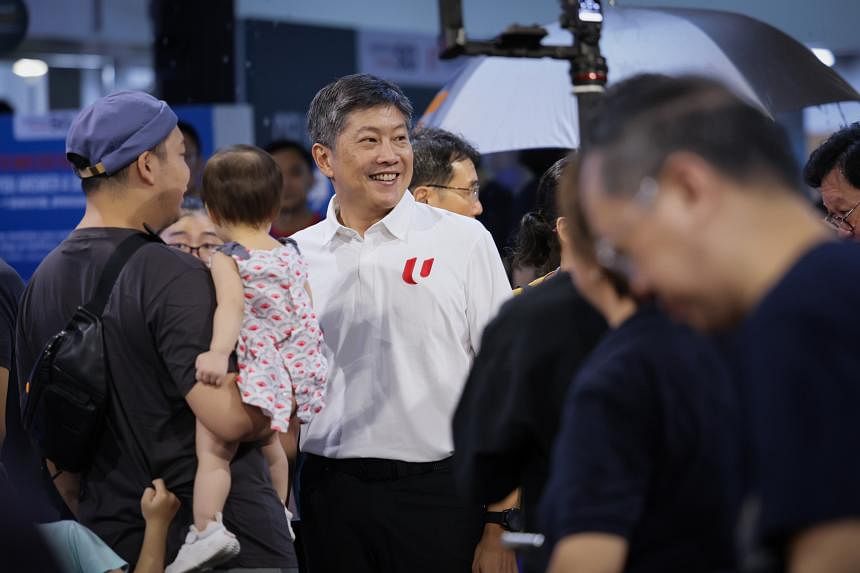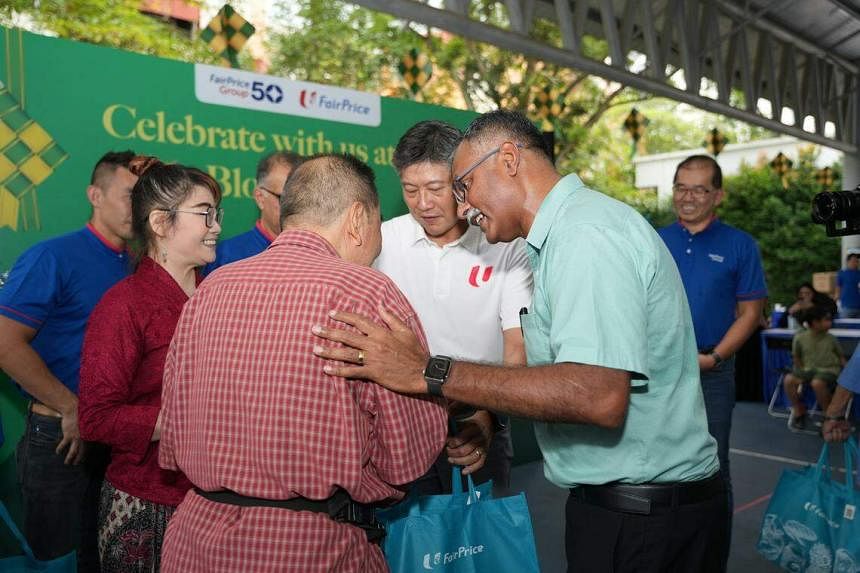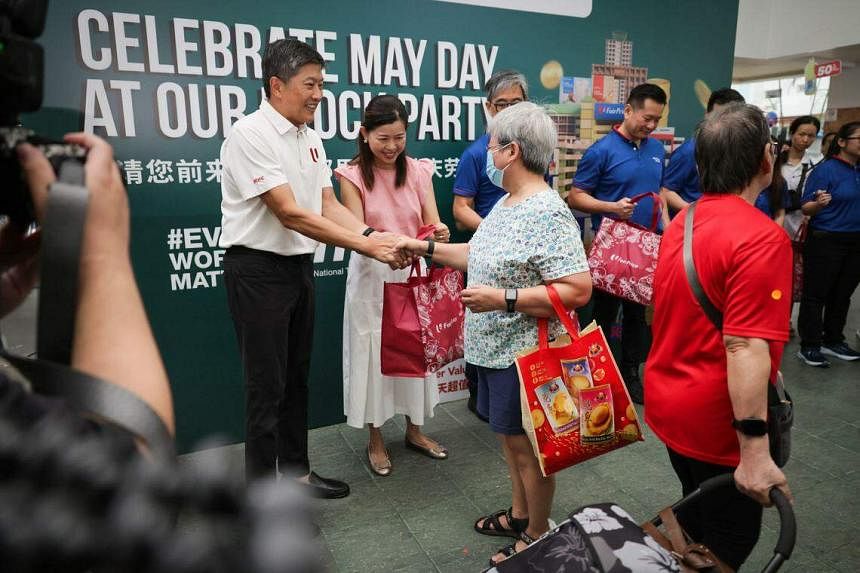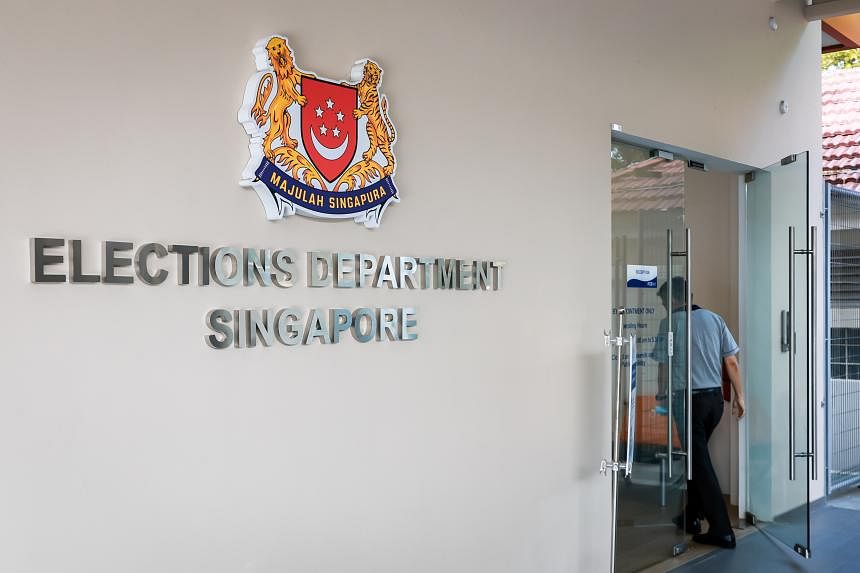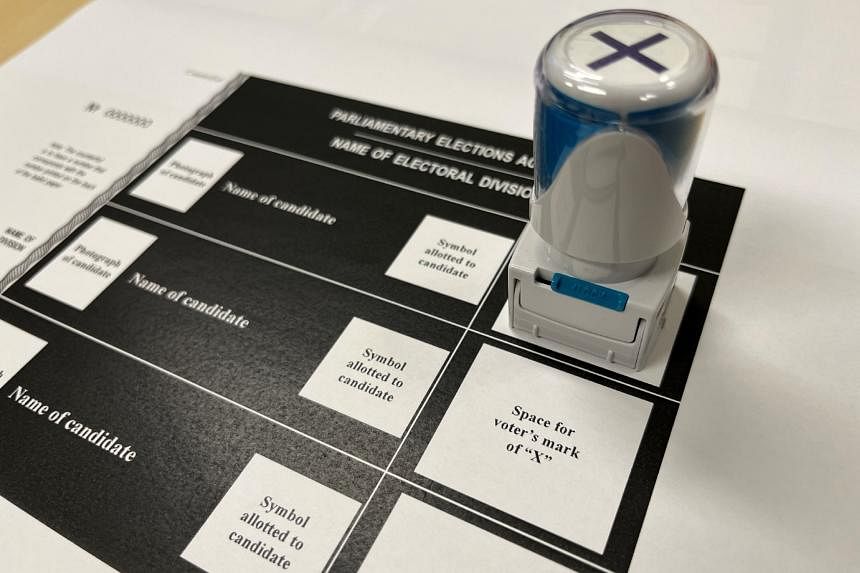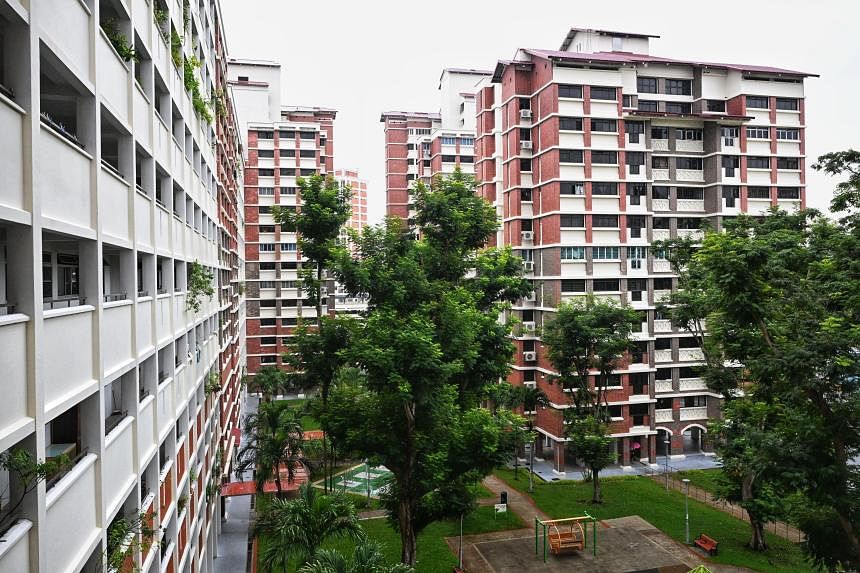Will you be my MP? PAP, WP unveil new faces, recruit potential candidates ahead of next GE
Political parties are ramping up their activities ahead of the next election, which is due to be called by November 2025. ST PHOTO: LIM YAOHUI
Goh Yan Han,
Jean Iau and
Tham Yuen-C
NOV 03, 2023
SINGAPORE - Recent movements – some announced and others happening under the radar – have raised political eyebrows and stirred chatter.
In the last fortnight, two new faces have been unveiled by the People’s Action Party (PAP), to replace the respective branch chairmen in Sengkang and Hougang.
On the opposition front, two groups of smaller political parties have, within the last few months, announced plans to work together in the next general election, due to be called by November 2025.
The moves indicate a growing buzz in the political sphere, as parties slowly and steadily ramp up their activities ahead of the next polls.
The Workers’ Party (WP) leadership will be at a tea session organised by the Aljunied-Hougang Town Council on Saturday and the biennial PAP party convention is slated to take place on Sunday, adding to a calendar already filling up with political happenings.
One of the key questions ahead of the next general election is whether Prime Minister Lee Hsien Loong will hand over the reins to Deputy Prime Minister Lawrence Wong before the hustings.
At the National Day Rally in August, PM Lee had said that succession plans – which had been disrupted because of the Covid-19 pandemic –
were “back on track”.
And while
the political space has been plagued by recent controversies – such as an affair between former Speaker of Parliament Tan Chuan-Jin and former Tampines GRC MP Cheng Li Hui, and a corruption probe into the Transport Minister – these would not further delay the timetable for political renewal, PM Lee said.
DPM Wong and his fourth-generation team have also marked a significant milestone, having recently concluded
a nationwide engagement exercise, Forward Singapore, after 16 months of dialogue with more than 200,000 Singaporeans.
The report, made public last week, lays out plans to take Singapore forward, and assures Singaporeans that they will be supported at every stage in life.
For those who are conscientiously reading the tea leaves, these moves, among others, will play a part in whether they think the next election will be in 2024 or 2025 – both still valid options in play.
The new faces
Several have already been officially cast into the spotlight, while others have been spotted by The Straits Times over the past several months.
Whether they will eventually contest the election remains to be seen, dependent on factors such as their suitability and affinity with residents.
From the PAP, these include Mr Jackson Lam. On Oct 17, it was announced that he would take over as branch chairman in Hougang from Mr Lee Hong Chuang.
About a week later, the PAP announced that Mr Marcus Loh would replace Mr Ling Weihong in Sengkang East from Nov 1.
Other faces include Ms Chua Wei-Shan, Dr Hamid Razak, Mr Edmund Twohill and Mr Kawal Pal Singh, who have been seen at grassroots events, and pictured alongside MPs on social media.
Their backgrounds and experiences differ.
Mr Lam, 38 and married with two children, is currently assistant director at the operations and mobilisation division at the National Trades Union Congress, and also the principal industrial relations officer at the Building Construction and Timber Industries Employees’ Union.
He has been a party activist in the Chong Pang division of Nee Soon GRC since 2013 and was branch secretary for about six years.
On the PAP’s website, it states that he has a passion for caring for seniors and underprivileged youth, following his own turbulent teenage years.
Mr Loh, 40, joined the PAP in 2015 and began volunteering with Speaker of Parliament Seah Kian Peng in Braddell Heights under Marine Parade GRC. He has since been involved in the PAP Policy Forum and also the PAP HQ South-east District.
He told ST that he trusts the party will announce its slate of candidates for the next general election when ready, when asked if he would run if the party asked him to.
“Right now, my focus is on serving the residents in Sengkang East as a member of Dr Lam Pin Min’s Sengkang GRC team, rendering assistance to those in need and, most importantly, reassuring them that no matter how difficult their circumstances are, they are not alone in their journey,” he said.
On why he wanted to volunteer, Mr Loh, who is married with one child, said finding the most impactful ways to improve people’s lives motivates him.
In his work at Temus, a digital transformation services company, he has seen first-hand how people’s lives can be improved when given opportunities to succeed and when equipped with the needed skills, irrespective of their starting points in life or level of education.
“This is the kind of Singapore I want to help build... I would like to contribute my experiences and skills to benefit fellow Singaporeans,” he said.
Ms Chua, who is married with two young children, has been active in West Coast GRC and has been the acting branch chairman in West Coast in
Transport Minister S. Iswaran’s absence.
She has been involved in Young PAP and was spotted at several grassroots events and house visits with Minister for National Development and West Coast GRC MP Desmond Lee.
She did not reply to ST queries.
Dr Hamid, an orthopaedic surgeon at Sengkang General Hospital, has been active in Jurong.
One recent event he attended after taking on the role of the second adviser to Jurong Spring grassroots organisations several months ago was the neighbourhood’s Halloween Fright Night, which Jurong GRC MP Shawn Huang also attended.
In the past, Tampines GRC MP Desmond Choo and Nee Soon GRC MP Carrie Tan had also been second advisers to grassroots organisations before they stood for election, reported Lianhe Zaobao in October.
A football enthusiast according to his LinkedIn profile, Dr Hamid has been actively posting on Facebook, and has been seen conducting house visits without the accompaniment of another MP.
He did not reply to ST queries either.
Both Ms Chua and Dr Hamid are expected to speak at the PAP’s party convention on Sunday. In the past, relatively unknown faces who have given speeches at the event have gone on to become potential candidates.
The People’s Action Party’s new faces include (from left) Ms Chua Wei-Shan, Dr Hamid Razak and Mr Kawal Pal Singh. PHOTOS: NG SOR LUAN, NATIONAL YOUTH COUNCIL, LIANHE ZAOBAO
Mr Twohill, 39, has recently been spotted on the ground in Moulmein-Cairnhill, serving the residents there under the guidance of Minister of State for Trade and Industry, and Culture, Community and Youth Alvin Tan.
A former Singapore Armed Forces regular, Mr Twohill wrote an essay in 2019 addressed to his two young children on why he left the force to pursue a career at a local bank looking into digital products. He currently has four children aged one to 10.
Mr Twohill, who works at DBS Bank, was also spotted at a Well-being Circles booth at a volunteer fair held at Cairnhill Community Club in end-September. He did not comment when contacted by ST.
Mr Singh, while not as new a name as the others – he first emerged as a new face in 2019 when he spoke at the party convention that year – has been seen in Sengkang as well.
The 40-year-old partner at law firm Tito Isaac & Co has gone on house visits with Dr Lam Pin Min, who heads PAP’s Sengkang slate.
He is also the nephew of former PAP MP Inderjit Singh, who retired as an MP for Ang Mo Kio GRC before the 2015 General Election.
Mr Kawal Pal Singh, who is married with two daughters aged eight and 10, told ST that he started volunteering with the party in 2016, helping the MP in the area where he lives.
“Some time in 2021, my friends from the PAP invited me to join them and serve in Sengkang West under the leadership of Dr Lam,” he said.
Before joining the party, Mr Singh said he had been an active volunteer in the Sikh community since he was a teenager.
“As such, volunteering and contributing to society has become part of my life and I enjoy doing it. My fellow activists and I try to make time to support Dr Lam and his initiatives in Sengkang West as much as possible,” he added.
A PAP spokeswoman said the party constantly recruits talented and committed men and women for its 93 branches.
“Of those who eventually take on branch leadership roles, some may become candidates in general elections. This is part and parcel of the party’s approach towards renewal,” she said.
The PAP replaces about a quarter of its slate at every general election. There were 24 new candidates each in 2011 and 2015, while 27 new candidates
contested 93 available seats in 2020, the largest crop of new faces the PAP had ever fielded in an election.
On the two recent PAP announcements of changes in branch chairmen, Singapore Management University law don Eugene Tan noted that these were part of the usual process of priming for the general election. Such public announcements from the PAP tend to be more forthcoming in WP wards, he said.
It is not unusual to try a different person after two general elections, he added, pointing out that former Hougang branch chairman Lee Hong Chuang had unsuccessfully contested twice.
“The task for Mr Lam is certainly an uphill one, as it was for his predecessors, but the PAP will continue to try to win back the SMC,” he said.
On the change from Mr Ling to Mr Loh in Sengkang East, Professor Tan said it may be an attempt to find a new candidate and a branch chairman that voters have more affinity with.
He added that it is clear the ruling party’s strategy in Sengkang is to field candidates aligned with the demographic profile of voters there, who are in their 30s and parents of young children.
On the opposition front, senior counsel Harpreet Singh Nehal is said to have joined the WP and has been spotted with party leaders at walkabouts and house visits.
Speculation about him joining the party first surfaced in 2012, but he denied this in a Shin Min Daily News article then.
In recent months, he has been seen donning the WP’s signature light-blue logo tee, which is given only to party members, as he sells the party’s Hammer newspaper at hawker centres and town centres alongside other party members.
Mr Singh, 57, is a co-managing partner of Audent Chambers, a boutique law firm he established in 2019.
The WP declined to comment about its recruitment processes and new faces, and Mr Singh did not reply to an e-mail seeking comment.
Another of the party’s potential new faces is lawyer Ang Boon Yaw, who was elected to the party’s top decision-making body in 2022.
Senior counsel Harpreet Singh Nehal (left) and lawyer Ang Boon Yaw are among the Workers’ Party’s potential new faces. PHOTOS: THE WORKERS’ PARTY
Past iterations of the central executive committee have comprised largely party members who had either contested an election before or went on to contest in one.
Mr Ang, 41, is one of the party’s three deputy organising secretaries. He declined to comment for this article.
According to the WP’s website, he started volunteering with the party in 2012, helping out at former Aljunied MP Chen Show Mao’s Meet-the-People sessions.
“Rather than sitting back and hoping for things to happen, I prefer to be on the side that works to make things happen,” he said on the website.
A senior associate with Yeo Marini Law Corporation, Mr Ang is regularly seen at the WP’s Hammer newspaper sales and also goes on house visits in East Coast GRC, with some of the party’s 2020 candidates for the constituency.
Red Dot United secretary-general Ravi Philemon told ST the party had shortlisted five potential candidates who had not run in an election before and is assessing a few others. He did not name them.
The party fielded five candidates in General Election 2020,
contesting in Jurong GRC. The party hopes to field 12 to 15 candidates in the next general election.
Mr Philemon said the background of these potential candidates varies from businessmen to civil engineers to undergraduates.
The party set up a candidate selection sub-committee in July 2022 and asked applicants to disclose financial embarrassments, police cases, court actions and personal indiscretions.
They have to submit an essay, undergo an interview and be evaluated while they work the ground before they are selected.
Recruitment is not without its challenges. Mr Philemon said: “It centres on fears about opportunity costs and risks associated with standing as a candidate of an opposition party, as it may impact their lives and livelihoods.”
Tough to recruit new candidates
The hunt for new candidates is likely to be increasingly difficult for all parties, political observers told ST.
Dr Gillian Koh, senior research fellow at the Institute of Policy Studies, said it is hard for anyone of standing to consider running in an election, especially if they are already in leadership positions in their careers.
“It would be harder still to expect younger Singaporeans who are rising stars in their field to go into politics if it means setting aside their current trajectory for power, impact and rewards through positions they have yet to reach,” said Dr Koh.
Other considerations are the loss of privacy, the time commitment for family, and how it is often a thankless task, she added.
Dr Koh noted that during
the Ridout Road incident, MPs spoke about the need to maintain high standards of integrity and excellence among political leaders “even when no one is looking”.
“While we might expect no less, the episode makes it all the more intimidating to put oneself forward for public service. One has to be prepared for private and personal decisions to be open to public scrutiny, and even wild allegations will need to be responded to through elaborate forms of accountability,” she said.
This reduces the sense of autonomy and agency that leaders in other spheres relish even as they act with honesty, and only the brave few would want to make the leap, she added.
Prof Tan concurred and said that more so for the ruling party MPs, there is a perception that being an elected politician entails giving up significantly on personal and family privacy.
“This ‘living in a fish bowl’ attribute is not everyone’s cup of tea,” he said, noting there are also increasingly more avenues to contribute to society without stepping into politics.
Public scrutiny has increased in recent years, with social media allowing for things to spread and amplify very quickly, said Mr Inderjit Singh, the former PAP MP who retired from politics before the 2015 General Election.
He added that this sometimes affects family members and some people may shun joining politics. “This is a worrying trend and I fear we may not be able to attract the right type of candidates in the long run,” he told ST.
Other issues that may make it difficult for the PAP to recruit include the troubles it faced in 2023 with the various incidents that may have “chipped off some shine on the brand” regardless of the facts, outcomes and explanations by the party leadership, said Dr Koh.
There is also greater political pluralism in Singapore today, a reflection of the more varied social conditions that Singaporeans face.
“This opens up the market for people of different ideological orientations to seek platforms to address those issues,” Dr Koh said.
Prof Tan added that there is an expectation among younger segments of the electorate for the WP, and to a lesser extent the Progress Singapore Party (PSP), to recruit and field “woke” candidates, which will be something parties have to manage.
However, Mr Inderjit Singh noted that the scrutiny is even greater for the opposition parties, which are also scrutinised by the PAP.
The WP has also seen its fair share of controversy since the last general election.
Former Sengkang MP Raeesah Khan was embroiled in a long saga surrounding a lie she told in Parliament that resulted in her
resigning from the WP and as an MP on Nov 30, 2021.
In July 2023, former Aljunied MP Leon Perera resigned after the party found that he had lied
about an affair with its former Youth Wing president Nicole Seah. Ms Seah, a rising star in the WP, also resigned.
Still, opposition parties such as the WP and the PSP have garnered greater visibility over the years, through the work of their MPs, said Dr Koh.
The WP has eight MPs while the PSP has two Non-Constituency MPs currently as part of the 14th Parliament.
“Regardless of whether the front bench or even members of the public agree with all that these opposition MPs have said and done, what is obvious is that they have been drawing explanations on government action and presenting alternative perspectives on matters of public interest, given that there are more of them in the House now,” said Dr Koh.
This may attract people of standing to put aside previous notions of how “joining the opposition is a lost cause” and build on the momentum around being a check and balance to the behemoth that the PAP is currently, she added.
Fresh coalitions by the opposition could also attract good people to their doors to see if there are opportunities for them to contribute to the new movement.
(From left) National Solidarity Party vice-president Mohd Ridzwan Mohammad, Red Dot United chief Ravi Philemon, Singapore People’s Party secretary-general Steve Chia and Singapore United Party secretary-general Andy Zhu at the signing of a memorandum of understanding on Oct 28. The four opposition parties inked an agreement to work together ahead of the next general election. ST PHOTO: CHONG JUN LIANG
Yet the PAP may still have certain things going for them in attracting new members.
The latest Forward Singapore agenda, with its commitment to social reform, could appeal to a more socially conscious, people-oriented set of younger leaders, said Dr Koh.
The PAP can also draw on senior members of the different arms of the public service or armed forces, who could have the unusual combination of good political acuity with strong technocratic skills; they can be both policymakers and community mobilisers, she said.
But Prof Tan noted that while the scholar-soldier, high-flying civil servant or hotshot professional remain the usual top picks for the PAP, voters increasingly seem to prefer their elected representatives to be more like them.
“So the PAP is keen to trot out a wider range of backgrounds that its election candidates come from – such as activists and civil society personalities. They have also become more open to older candidates,” he said.
